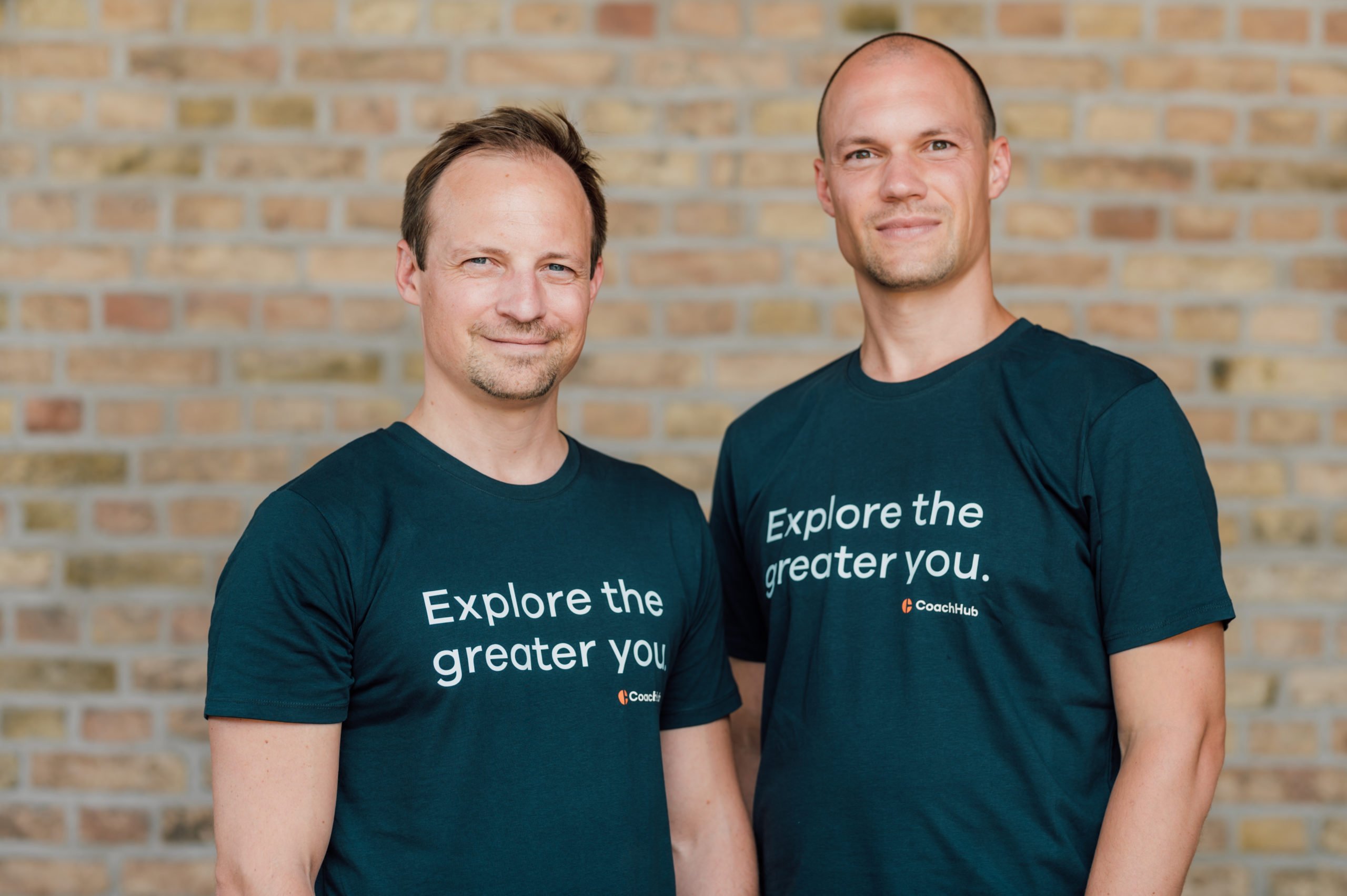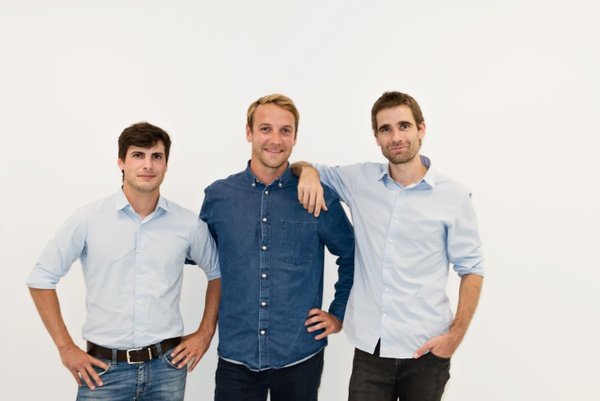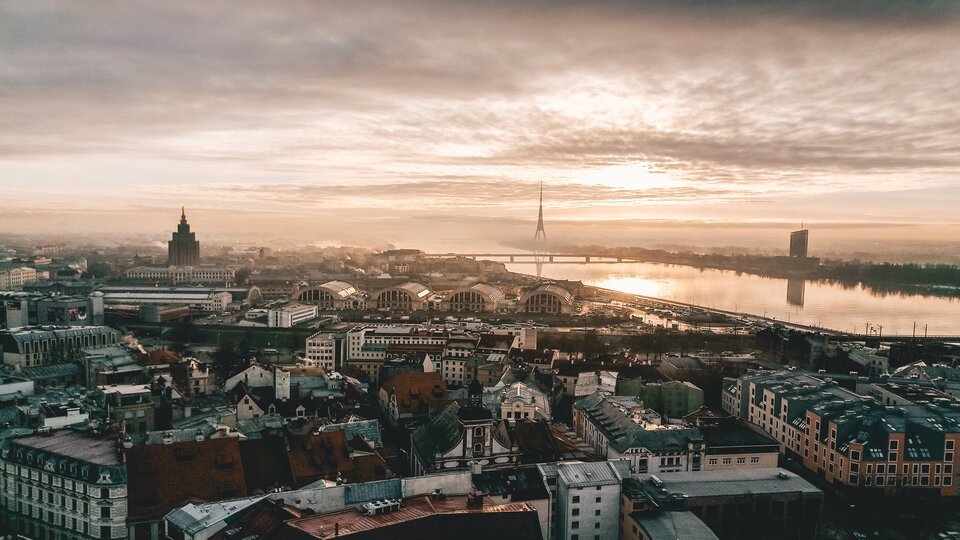The Global Startup Ecosystem Report 2023 (GSER 2023) launched today in Amsterdam.
Authored by Startup Genome, the report is informed by data on 3.5 million startups across 290+ global ecosystems. It provides new insights and deep knowledge about startup trends, including the impact of inflation, talent attraction, trends in global VC funding, and sub-sector analyses.
The 170 report is mammoth in size and scope, and data is augmented with contributions from thought leaders and local key players.
A lot has happened in the first six months of 2023 — enough to make 2022 seem a really long time ago. But I've pulled out some of the most interesting insights and highlights and spoke to Hazel Boydell, Editor-in-Chief, to get the low down.
Some of the key findings:
VC funding at a downward trend, but Europe stays strong

Globally VC funding began its downward trend in the first quarter of 2022, dropping 13 percent in the total amount raised from Q4 2021.
Overall, 2022 would decline by 35 percent from the previous year, though it remained higher than during the pandemic highpoint of 2020.
However, in Europe (and Africa) the Series A deal count actually increased from 2021 to 2022.

Series B shows a maturation of European startups
Europe experienced an 18 percent increase in Series B+ deal count and a 160 percent rise in Series B+ amount in 2018 to 2022.
Europe is home to 41 percent of the world's top emerging ecosystems
Some of notable figures:
London
London remains Europe's leading tech startup ecosystem. The region has seen an upswing in exits over $50 million, with several high-value exits over $1 billion, including Fintech Wise ($12.2 billion), Deliveroo ($10.5 billion), and Oxford Nanopore Technologies ($4.6 billion).
Berlin

Berlin moved up to #13 overall and #2 in Europe. The German capital minted five new unicorns in 2022, increasing the total count from 14 to 19. CoachHub was the highest valued at $1.5 billion.
Exits over $50 million have increased by 40 percent from the GSER 2022 timeframe, with AUTO1-Group being the highest valued in a $9.2 billion IPO.
Amsterdam
Amsterdam holds steady at #14 overall and #3 in Europe, thanks to an increase in exit count over $50 million, in early-stage deal count, and in the number of unicorns.
Banking platform Backbase is the most recent addition, valued at 2.7 billion.
Paris
Paris has dropped three places to #18, yet remains a leading European ecosystem at #4 in the region.

The French capital increased its number of unicorns from 14 to 30, with Back Market the highest valued at $5.7 billion.
Estonia
Estonia has moved up an impressive 28 positions since the GSER 2022, reaching #10.
Its rise is thanks to an increase in early-stage funding rounds, a 100 percent increase in exits over $50 million, and the new inclusion of CRM and intelligence platform Pipedrive's 2020 $1.5 billion buyout.
Riga
Riga has entered the Emerging Ecosystem ranking for the first time, in the 91–100 range, thanks in part to print-on-demand service Printful achieving unicorn status by raising $130 million in 2021.
Spain's time in the sun
Overall, Over half of the ecosystems in the ranking (13) are European, including the top four. Spain has two entries in the top five: Barcelona at #2 and Madrid at #4.
Barcelona experienced an increase of 24 percent in early-stage funding deal count and 12 percent in early-stage deal amount from the GSER 2022.
Yaba raised $85 million in Series A rounds in 2022, and Splice Bio raised $56 million in Series A the same year.
Furthermore, Madrid saw an increase of 24 percent in early-stage funding deal count and 12 percent increase in deal amount from the GSER 2022, raising $760 million in early-stage funding deals in the GSER 2023 timeframe.
The report also highlights Biscay Bay, underpinned by the B Accelerator Tower (BAT), which opened in September 2022.
Biscay is a leader in energy transition, the diversification of energy sources, the promotion of renewable energy, Smart Grids, and the development of the Basque Hydrogen Corridor.
It's also home to a strong mobility sector. More than 45 percent of all Spain's automotive industry output comes from the Basque Country. The sector comprises 300 firms that collectively raise over €18 billion and provide over 40,000 jobs in Biscay.
Estonia starting strong
The Strong Starters ranking identifies the top 25 ecosystems from the Emerging Ecosystems ranking where early-stage funding activity is most robust.
Estonia takes #3 in the Strong Starters ranking, further cementing its status as a fast-growing tech hub. Estonia experienced an increase of 46 percent in early-stage funding amount from 2021 to 2022 but a 10 percent decrease in early-stage deal count.
It experienced an increase in early-stage funding rounds, and a 100 percent increase in exits over $50 million.
Looking at the longer term, Estonia has experienced a massive 439 percent increase in early-stage deal amount from 2018 to 2022 and 50 percent increase in early-stage deal count in the same period.
The biggest rounds include Eurora raising $40 million in a 2022 Series A, and NFT developer platform NPTPort raising $26 million at Series A in 2022.
The biggest wins aren't always where you think
Despite the overall economic downturn, three sub-sectors increased in the overall number of VC deals from 2021 to 2022: Gaming (+13 percent), Blockchain (+8percent), and Fintech (+4 percent).
Boydell finds the increase in the gaming industry interesting, noting:
"Improvements in gaming technology are likely a contributing factor. Globally increased internet access, mobile connectivity, and greater affordability is probably also impacting. And maybe after the pandemic, everybody just got used to staying home and gaming.
Then, in an era of an increased cost of living, it's a hobby that is still relatively affordable."
The most deals are in AI and Big Data
Reflecting AI's increasing use and intersection with other sub-sectors, AI & Big Data is the sub-sector with the highest count of total VC deals, making up 28 percent of the global share in 2022.
It also has the highest growth in number of exits, at 74 percent, from 2017–2018 to 2021–2022, and experienced a 34 percent increase in Series A count for the same period.
Advanced Manufacturing & Robotics is the fastest-growing sub-sector in terms of Series A amount, up 168 percent from 2017–2018 to 2021–2022.
Ukrainian startup ecosystem expands globally despite funding challenges
A section of the report is dedicated to the current state of the Ukrainian startup ecosystem. A lot has changed since 2022, so next year's figures will prove equally interesting.
Pavlo Kartashov, CEO, Ukrainian Startup Fund (Innovation Development Fund), notes that Investing in Ukrainian startups has become more risky.
"If a startup has no sales outside of Ukraine and its core team is in Ukraine, it is almost impossible to raise funding."

But more mature startups with proven traction are securing funding. Examples include airSlate, which secured $51.5 million and is now valued at over $1.25 billion, and Preply, with $50 million raised in a Series C round. Finmap and FuelFinance have secured $1 million each.
Kartashov also sees a silver lining to the fact that over 30 percent of startups have relocated to different countries: "This has the added benefit of building bridges between the ecosystems of Ukraine and the country of temporary residence. The Ukrainian startup ecosystem has become global."
Nataly Veremeeva, Director of TechUkraine shared that last year saw dedicated funds and special programs launched by various programs from agencies including USAID, GIZ, Google for startups and others. A lot of work has been done to improve the investment climate in Ukraine and prepare frameworks for post-war recovery.
She said, "Startups are still struggling to attract investment and for the startup ecosystem to show its real strength we need more capital in the country."
Ukraine also saw a shift to startups working on military technology. Ihor Markevych, Head of Strategy and Development, Ukrainian Startup Fund (Innovation Development Fund), shared that the country is home to over 300 defence tech startups, the majority of which were founded in 2022–2023.
Furthermore, Veremeeva notes that a lot of European institutions are cooperating with Ukrainian ones (EIT, EIC, COST, and others) and integrating them into the E.U. tech ecosystem.
In May 2023, the EIC announced a pan-European network that will implement a €20 million action supporting Ukraine's innovation community called Seeds of Bravery.
A time of opportunity for ideas that change the world
Whatever importance you place in rankings, one thing is clear, startups aren't going anywhere soon.
Boydell sees a flipside to the industry layoffs that have occurred in tech (and other industries) over the last 18 months:
"It means that there's more talent available and a greater opportunity for new startups to come out of the skilled people who are laid off and want to do their own thing.
Furthermore, the data supports the idea that there is little difference in the ratio of early-stage funding to exit even in a downturn.
There's an opportunity for startups and founders with innovative ideas because there will be more available talent."
She speaks of the conversations with analysts, thought leaders, and local experts, noting:
"Universally, everyone was slightly cautious but most people still felt relatively optimistic. There is a sentiment that this time is an opportunity to focus on the most innovative products and refine ideas.
Another message was a push for investors to not just focus on quick returns but rather to "consider how much they believe in their products and plan for a long commitment."
Lead image: Gilly.



Would you like to write the first comment?
Login to post comments